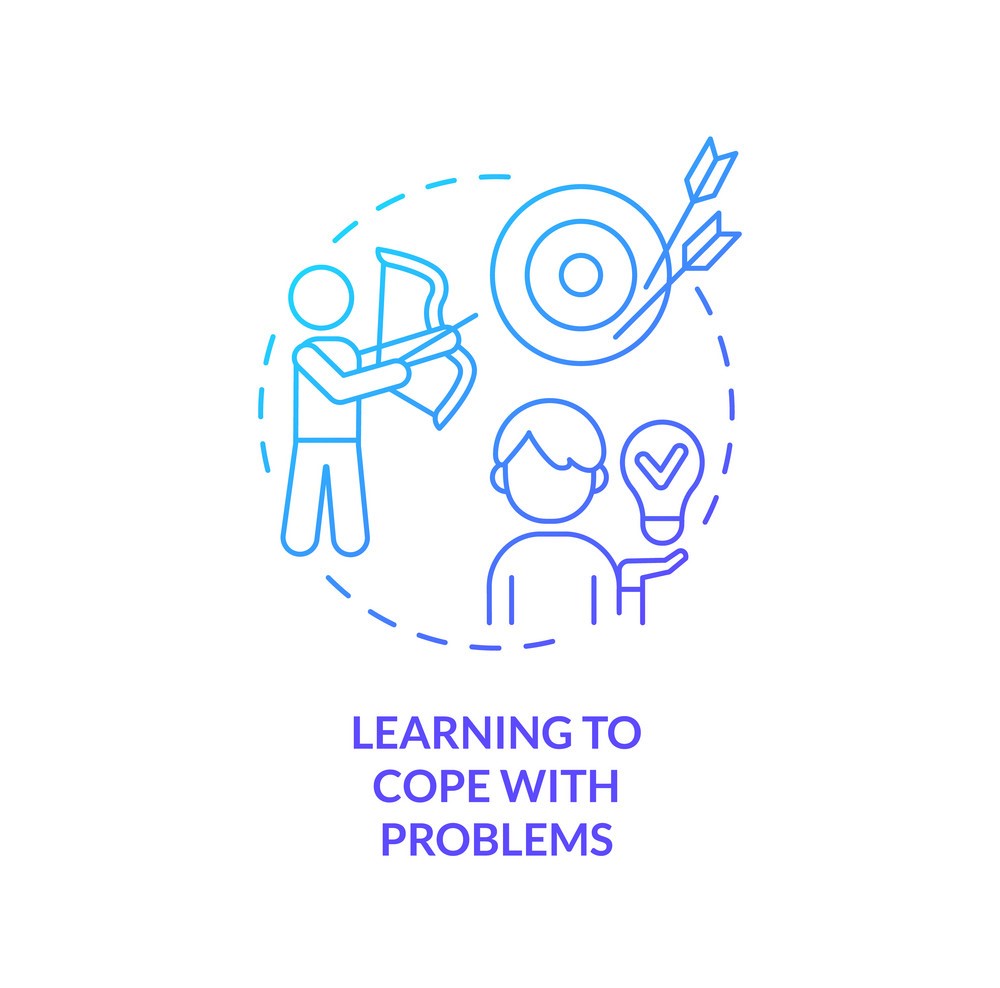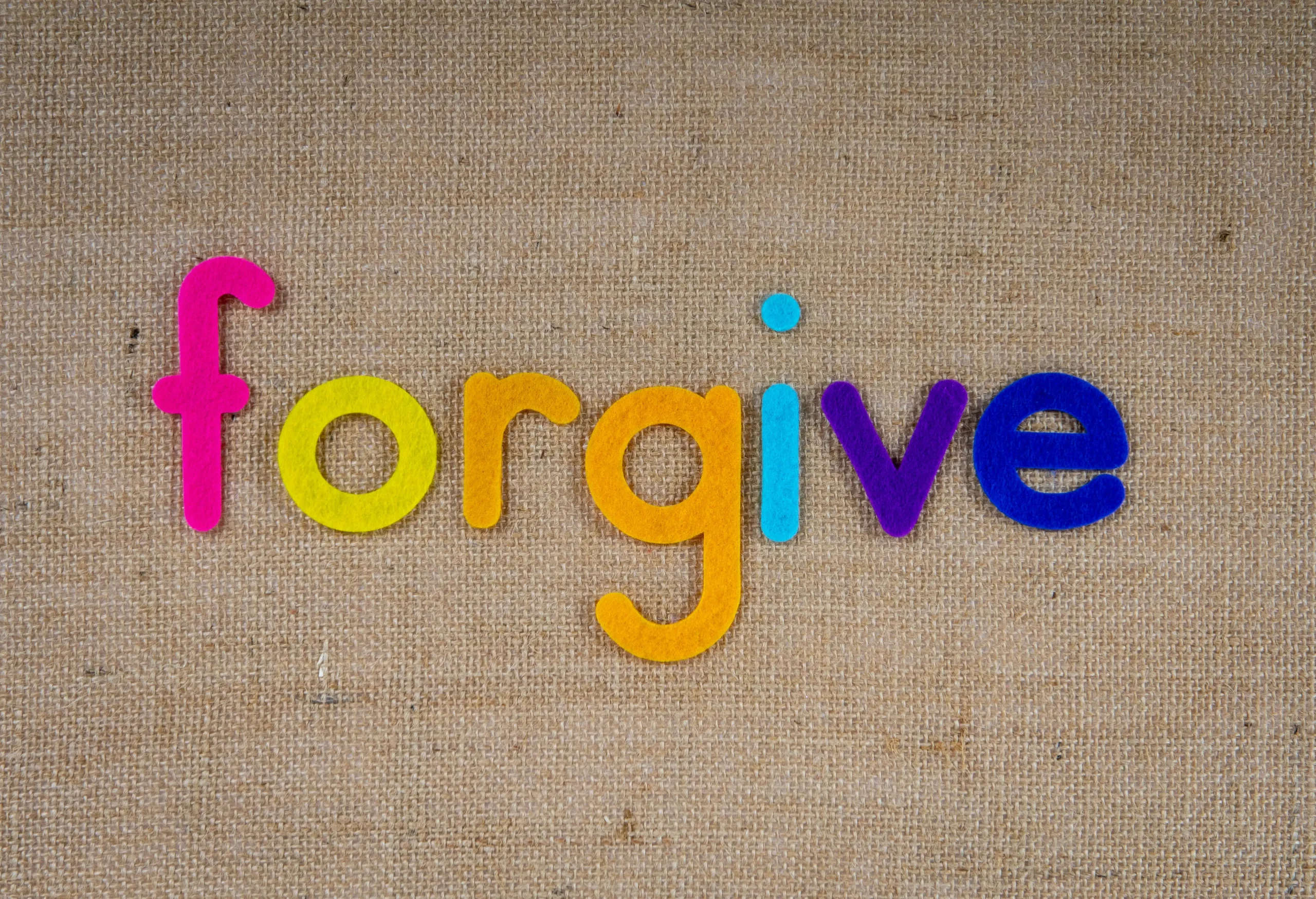At a glance
- Young adults can learn to manage stress and thrive with healthy coping mechanisms.
- Mindfulness, exercise, journaling, strong support systems, and healthy habits are key strategies.
- Quality Mind’s 12-week coaching program equips young adults with these coping mechanisms.
Growing up can be a wild ride, filled with tons of emotions and new experiences. You’re trying to figure out who you are, what you want to do with your life, who you want to date, and all that jazz. No wonder so many people feel stressed, anxious, and overwhelmed!
But hey, it doesn’t have to be that way! If you’ve got a toolbox full of helpful coping mechanisms, you’ll be better equipped to handle whatever life throws your way.
So, what are some of these coping mechanisms? Here are a few things that can help young adults manage their emotions, bounce back from setbacks, and generally just rock life:
Mindfulness and Meditation
Mindfulness is taking a break from life’s hustle to be present and understand your thoughts and feelings. It can be practised through meditation, letting go of worries and creating inner peace. Mindfulness helps manage emotions, improve well-being, and reduce stress.
How to Make Mindfulness a Habit
- Start Small: Aim for 5-10 minutes of daily mindfulness practice. You can integrate it into your morning routine, before bed, or during a break at work.
- Find Your Anchor: Focus on your breath, a mantra, or a calming sensation in your body to anchor your attention in the present moment.
- Explore Different Techniques: Many mindfulness practices are available. Try guided meditations, mindful walking, or breathing exercises to find what resonates.
Physical Activity:
Working out regularly can really help you feel less stressed and anxious. Doing aerobic exercises, like running or biking, can boost your serotonin levels, which can make you feel better mentally. Try to set aside at least 30 minutes most days of the week to do some moderate-intensity exercise and see how it makes you feel.
Making Exercise a Part of Your Life:
- Schedule it in: Allocate time for exercise in your schedule as if it were a crucial appointment. Ensure you set aside a specific time slot and remain committed to it.
- Find a Workout Buddy: Having someone to exercise with can increase motivation and accountability.
- Start Slowly: Don’t try to go from couch potato to marathon runner overnight. Begin with manageable workouts and gradually increase intensity and duration.
- Make it Fun: Choose activities you genuinely enjoy. Experiment with different types of exercise until you find something you look forward to.
Journaling:

Journaling is like having a secret BFF in your pocket. It’s a way to pour your heart out, get your thoughts in order, and work through stuff. It’s like having a therapy session with yourself, but way cheaper. It’s a memory keeper. Your journal can be a place to record your thoughts, feelings, and experiences so you can look back on them later.
Turning Journaling into a Powerful Tool:
- Free-Flow Writing: Set a timer for 10-15 minutes and write whatever comes to mind. Don’t worry about beauty; just let your thoughts flow freely.
- Journal Prompts: Use prompts to guide your journaling if you find free-writing difficult. Prompts can be questions like “What am I grateful for today?” or “What am I feeling anxious about right now?”
- Track Your Progress: Re-reading past entries can show how far you’ve come and identify areas for continued growth.
- Different Journaling Formats: Explore different journaling styles like bullet journaling, gratitude journaling, or even creative journaling through art or music.
Social support
Having those you love around you is super important for your mental health. Your friends, family, and life coaches can greatly help. They listen, understand, and help you figure out why you’re feeling down. They also teach you tricks to deal with it. To keep this support system going, you need to nurture your relationships—that means listening, helping out when someone needs it, and keeping a healthy distance when needed.
Building a Supportive Network:
- Picking Your Squad: Think about who you can really spill your guts to. Your besties, family, a special someone, or a wise mentor are all on the list.
- Be real: Building a support system is all about being real. Open up to the people you trust, and don’t sugarcoat anything.
- Seek Professional Help: Feeling overwhelmed? A life coach in Australia can be your go-to. They’ll create a safe space to dive into your problems and teach you some tricks to handle them.
Healthy Habits:
To maintain well-being, get enough sleep, eat a healthy diet, and don’t overdo it on the caffeine. Taking care of your body has a big impact on how you feel, too. You’ll have a better mood, think more clearly, have more energy, and be less likely to get sick.
Creating a Foundation for Well-being:
- Sleep Hygiene: Develop a sleep schedule, create a bedtime routine, and ensure your bedroom environment is conducive to sleep.
- Mindful Eating: Pay attention to hunger and fullness cues. Eat slowly and savour your food, avoiding distractions like phones or TV.
- Limit Substances: Excessive alcohol and caffeine consumption can exacerbate anxiety and disrupt sleep patterns.
But how do you actually implement these strategies?
Sometimes, knowing what to do isn’t enough. You might need guidance on how to integrate these practices into your daily life and develop a personalised toolkit that works for you. This is where Quality Mind (QM) can help.
QM’s Transform & High-Performance Activation Program is a 12-week coaching program designed to equip you with the tools and strategies to develop healthy coping mechanisms and thrive in young adulthood.
Here’s a deeper look at how the program incorporates the coping mechanisms mentioned above:
Mindfulness & Meditation
- The program includes a 10-day guided meditation series for beginners, led by experienced coaches who can answer your questions and provide support.
- On the QM app, you’ll have access to over 250 meditations, categorised by themes such as stress reduction, focus enhancement, and sleep improvement.
- The program teaches you practical mindfulness techniques you can easily integrate into your daily routine, such as mindful breathing exercises and short guided meditations during breaks throughout the day.
Self-Awareness & Journaling
- You’ll gain a deeper understanding of your thought patterns and emotional triggers through interactive exercises and thought-provoking prompts.
- You’ll learn to identify limiting beliefs that may hold you back and develop strategies to challenge and reframe them.
- The program provides a digital journaling platform within the QM app, allowing you to track your progress, record insights, and revisit past entries to see your growth over time.
Life Scorecard Assessment
- This unique assessment tool helps you identify your current well-being across various dimensions, including emotional, physical, social, and financial.
- The Life Scorecard is administered at the program’s beginning, middle, and end, allowing you to track your progress and celebrate your achievements.
- Based on your scorecard results, your coach can personalise the program to address your specific needs and goals.
Supportive Community
- The program fosters a supportive “Crew” environment where you connect with a small group of like-minded peers.
- You can share experiences, offer encouragement, and learn from each other’s journeys.
- The Crew environment provides a sense of belonging and reduces feelings of isolation, crucial for young adults navigating challenges.
Technology-Driven Approach
- The QM app serves as the program’s central hub, providing access to program materials, guided meditations, journaling prompts, and educational resources.
- The app also features thought-tracking tools that allow you to identify and manage negative thought patterns in real-time.
- You can connect with your coach directly through the app, allowing for ongoing support and guidance throughout the program.
Ready to take control of your well-being and develop healthy coping mechanisms?
At Quality Mind, we believe everyone deserves to live a fulfilling and empowered life. We offer a free 45-minute coaching session during which you can discuss your goals and challenges and learn more about how the Transform & High-Performance Activation Program can help you.
Don’t wait – take the first step towards a happier, healthier you. Get your Quality Mind Scorecard in a click.
Also, remember that developing healthy coping mechanisms is a journey, not a destination. Be patient with yourself, celebrate your progress, and don’t hesitate to seek support when needed. Investing in your well-being now sets you up for a brighter and more fulfilling future.
























